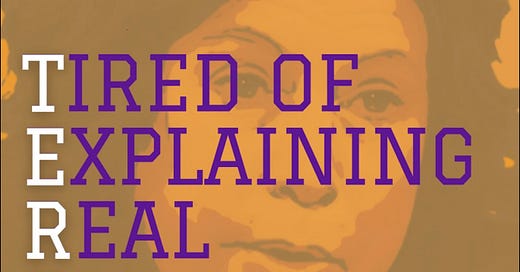Is “gender identity” a religion for First Amendment purposes?
Quite possibly, but what do you think?
April 24, 2025
Congress shall make no law respecting an establishment of religion …
U.S. Const. Amend. I.
On September 25, 1789, Congress transmitted to the states twelve proposed Constitutional amendments, one of them being the First. Two of these, which involved congressional representation and pay, were not adopted. The remaining ten amendments, the Bill of Rights, were ratified on December 15, 1791.
The First Amendment includes a few clauses, one of them being the “Establishment Clause,” which prohibits Congress from establishing a formal religion.
I am often asked whether I think we could possibly get so-called “gender identity” to be considered a religion under the law and, if so, whether that would be desirable. My unfortunate response has typically been a firm “I have no idea,” because I’m not a First Amendment expert.
I’m happy to report that I have recently come across a helpful post by a guy named Ryan Heath of the Gavel Project, explaining that yes, we probably can, and that yes, it would be desirable to do so. His post links to a Substack that he made public, laying out a proposed complaint template. I think it’s quite helpful in making the case that “gender identity” (which he refers to as “gender ideology”) constitutes a religion for Establishment Clause purposes and that therefore, government entities such as public schools have no business establishing it or forcing people to adhere to it.
Read on to learn why.
Paid-only content follows. If you are not already a paid subscriber and would like access to content that delves deeper into the movement to protect the sex-based rights of women and girls and to stop the abolition of sex, please consider becoming one today.
Keep reading with a 7-day free trial
Subscribe to The TERF Report to keep reading this post and get 7 days of free access to the full post archives.



